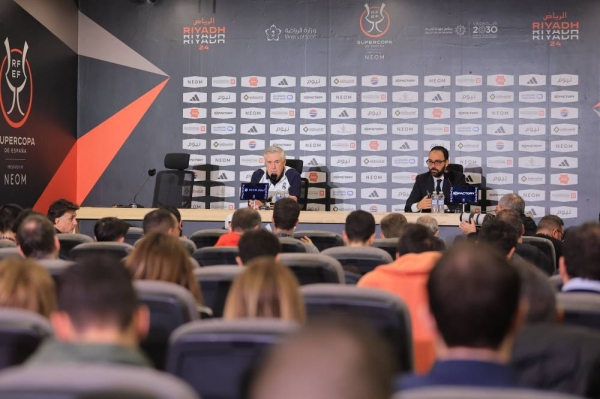
Deliveroo has drafted in the Next boss, Simon Wolfson, as a non-executive director in a significant coup before the takeaway delivery company’s stock exchange listing.
It is the first non-executive role that Wolfson, the FTSE 100’s longest-serving chief executive, has taken. It follows this weekend’s confirmation of Deliveroo’s flotation plans and a $180m (£132m) injection from existing shareholders.
Will Shu, Deliveroo’s founder and chief executive, said Wolfson would bring “great knowledge and insight to the company and help us in our mission to become the definitive food company”.
Deliveroo is among the internet companies to benefit from big pandemic-related shifts in consumer spending, with the latest round of investor funding valuing the company at more than $7bn. Its shareholders include Amazon, which owns a 16% stake.
Wolfson, a scion of a well-known retail family, has been running Next since 2001. He began his role at Deliveroo this week. Former Premier League acting chair Claudia Arney became the company’s first board chair in November.
Wolfson, 53, who is also a Conservative peer, said Deliveroo was an “exciting, innovative and fast-growing company that, like Next, relies on advanced technology to deliver a market-leading proposition”.
Next has fared better than many of its high street rivals during the pandemic benefiting from years of investment in its home shopping arm as sales were forced online when stores were closed.
Deliveroo said it would use the new money to expand its network of delivery-only kitchen sites – called “dark kitchens” – grocery delivery and subscription services, as well as allowing more restaurants to take orders via their own websites.
Shu, a former investment banker, launched Deliveroo from his London flat in 2013. Today the company works with 140,000 restaurants and 110,000 riders in more than 800 towns and cities around the world.
Speaking in December, Shu said Covid-19 had accelerated consumer adoption of food delivery services by about two to three years, with order volumes in the UK and Ireland now running at double 2019 levels. “We’ve demonstrated our model is profitable,” he said, adding that the previously loss-making company had been “profitable at the operating level for over six months now”.











